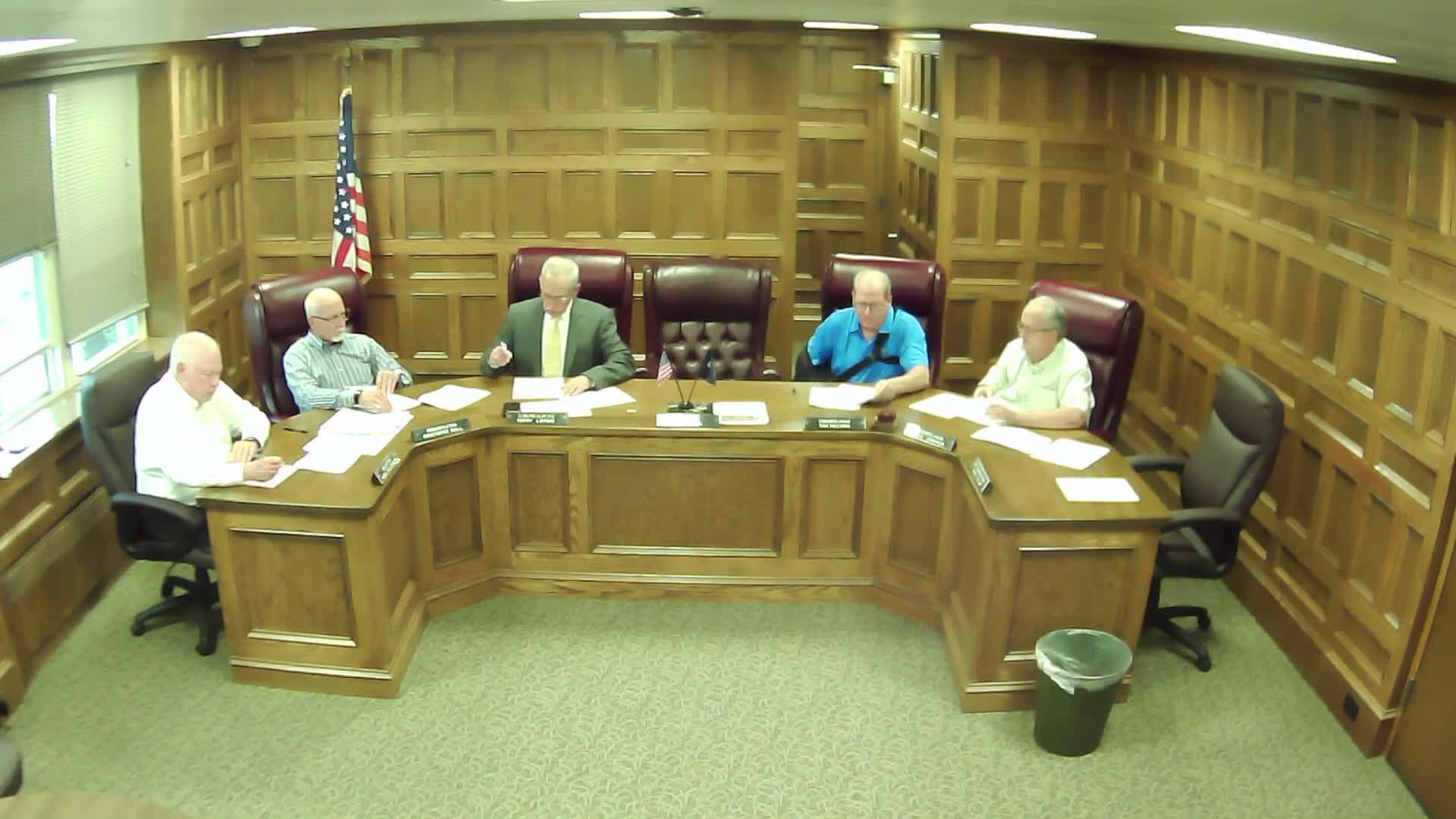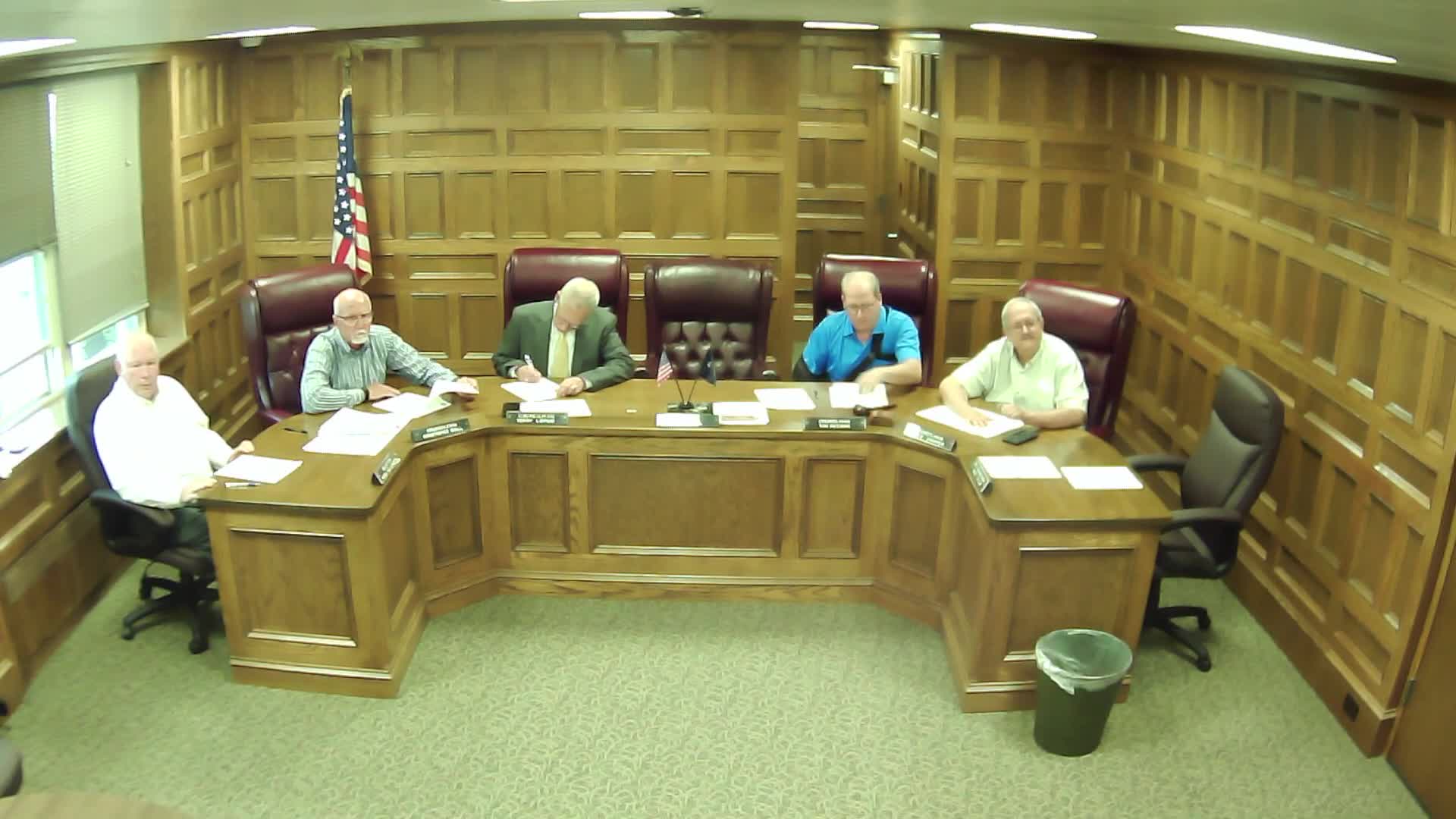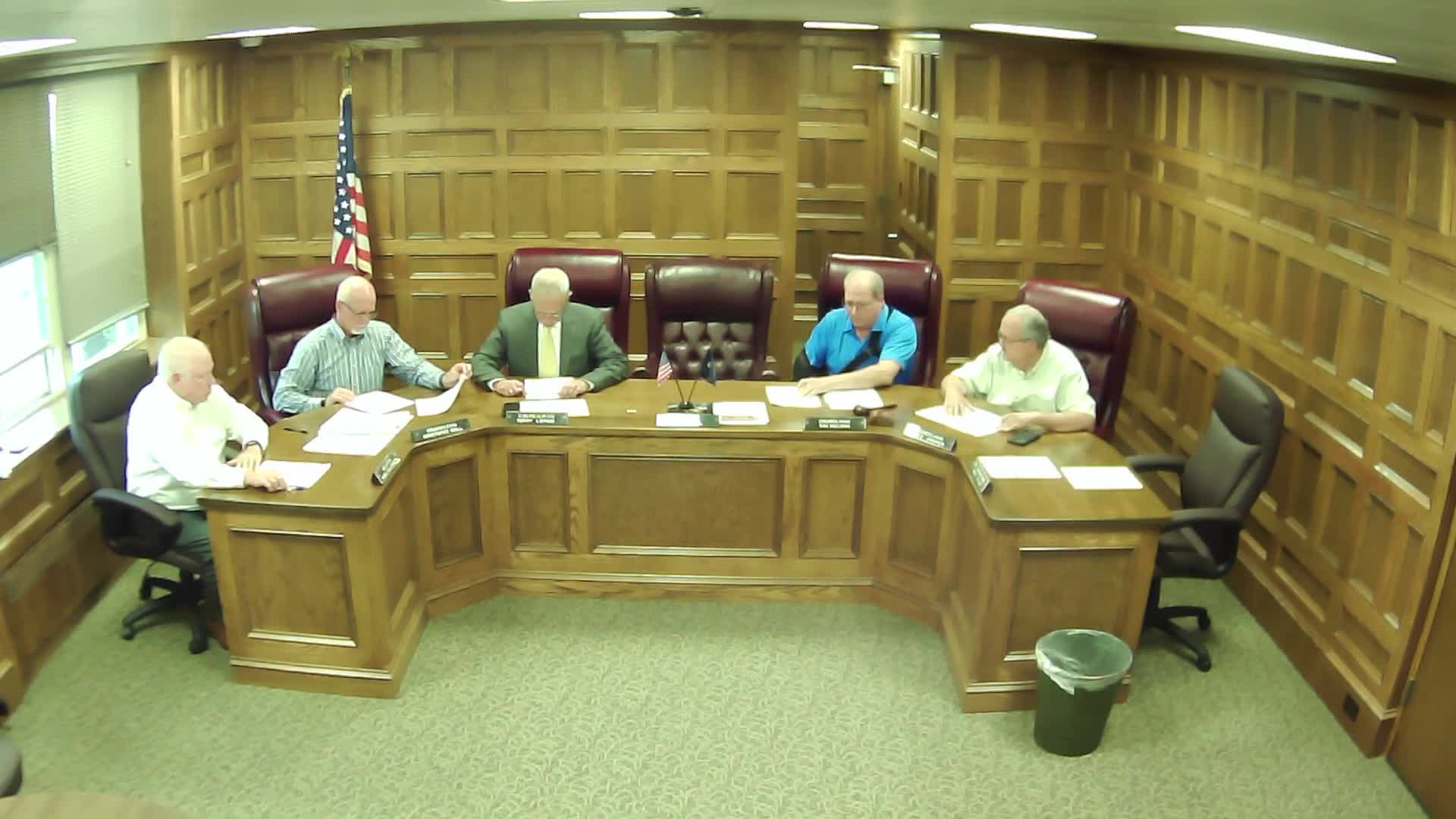Article not found
This article is no longer available. But don't worry—we've gathered other articles that discuss the same topic.

Bradford Council approves consent agenda: fair housing policy, multiple appropriations and $1.2 million police station grant application

Resident urges Bradford to replace city fleet with mileage reimbursement; council requests cost study

